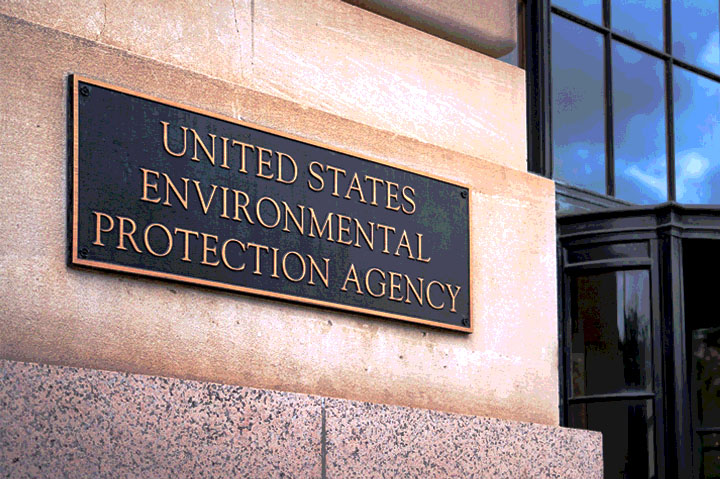October 10, 2023
New EPA Rule Broadens ‘Forever Chemical’ Reporting Requirements
The organization says the dataset will help it more effectively research, monitor and regulate PFAS chemicals.
A new rule from the U.S. Environmental Protection Agency (EPA) will require all manufacturers and importers – including those in the promotional products industry – of per- and polyfluoroalkyl substances (PFAS) to report a variety of information regarding the use, production volume, and environmental and health effects of these so-called “forever chemicals.”
The information will provide the EPA, its partners and the public with the largest dataset of PFAS manufactured and used in the U.S. The agency has predicted that industry as a whole will have to spend around 11.6 million hours – with an associated cost of between $800 million and $843 million – to comply with the new rule.

“The data we’ll receive from this rule will be a game-changer in advancing our ability to understand and effectively protect people from PFAS,” said Michal Freedhoff, assistant administrator for the Office of Chemical Safety and Pollution Prevention. He added that it’s “another important step under EPA’s PFAS Strategic Roadmap to deliver on President Biden’s clear direction to finally address this legacy pollution endangering people across America.”
PFAS are a category of manufactured chemicals that have been used since the 1940s in a variety of products including firefighting foam, nonstick cookware, carpets, shampoos, mascara and grease-resistant paper. They’ve also been used to create durable water-repellent (DWR) coating on various performance fabrics to give them water- and stain-resistant properties. However, the chemicals, which don’t break down in the environment, can contaminate water sources and build up in fish and wildlife. Research has linked exposure to certain PFAS with health problems that include kidney and testicular cancer, thyroid disease and high cholesterol, according to the EPA.
The EPA’s new reporting rule under the Toxic Substances Control Act (TSCA) is a statutory requirement under the FY2020 National Defense Authorization Act (NDAA) that requires all manufacturers (including importers) of PFAS and PFAS-containing articles in any year since 2011 to report information related to chemical identity, uses, volumes made and processed, byproducts, environmental and health effects, worker exposure and disposal to the EPA.
The reporting rule will help the EPA more effectively research, monitor and regulate PFAS and help state and local governments craft policies and laws to protect people from the forever chemicals, according to the agency.
Data on forever chemicals is due to the EPA within 18 months of the effective date of the final rule, with an additional six months for reports from small businesses that are solely reporting data on importing PFAS contained in articles.
Wiley, a Washington, D.C.-based law firm, noted in an alert on its website that the “EPA has raised the level of attention on what corporate, environmental, health, and safety (EHS) programs must know about PFAS in their product portfolios.” The firm added: “Based on our experience, this mandatory exercise will take all the time that EPA provides. We recommend starting now.”
As scrutiny and regulation of forever chemicals has grown, more industry companies and apparel makers have announced plans to phase PFAS out of products. Last December, 3M, parent company of Top 40 supplier 3M/Promotional Markets (asi/91240), announced that it will stop manufacturing and using PFAS across its product portfolio by the end of 2025. In June, the company settled a lawsuit over PFAS contamination of U.S. public drinking-water systems, agreeing to pay at least $10.3 billion, though noting that the settlement “is not an admission of liability.” 3M CEO Mike Roman called the settlement “an important step forward” in its work to phase out PFAS.
Outdoor-apparel brands like Patagonia have also announced steps to get PFAS out of their water-repellant finishes. Eagan, MN-based supplier Storm Creek (asi/89879) published a blog post about why it’s phasing PFAS out of its products, noting that until March of this year, its water-repellent fabrics had contained the PFAS chemical C6.

Promo for the Planet is your destination for the latest news, biggest trends and best ideas to help build a more sustainable and socially-responsible industry.
